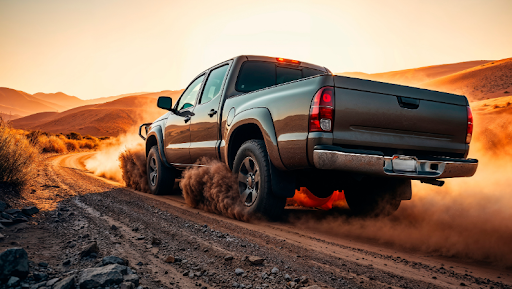
If we go the extra mile to bring peace between each other, then our neighbors will want to be at peace with us. If we are not at peace with our friends, with our brothers and sisters, our colleagues, suppliers, customers, how can we think about being happy with the rest of the nations of the world?
Today, create peace with yourself and others, and among other people. Do everything you can to transform from being a receiving person to a giving one.
This is how we can we can contribute in the automotive industry and encourage ‘peace through trade’ initiatives such as the ‘Peace Valley’ project on the Transjordanian plateau.
Recently the Renault-Nissan alliance signed a deal to begin mass producing electric cars as part of an Israeli-led project to develop alternative energy sources and slash oil dependency.
Renault-Nissan Chief Executive Carlos Ghosn said the cars, with a range of about 100 km in city driving and up to 160 km on the highway, will accelerate from zero to 100 kph in 13 seconds and have a top speed of 110 kph — similar to many gasoline-powered cars.
Ghosn said a key reason why the company chose Israel to launch the project is because 90 percent of Israelis drive less than 70 km a day and all major urban centers are within 150 km of each other. For Israel the cars would mean less dependency on oil imports, mostly coming from Russia.
The cars, to be made in Europe, will run on a battery developed by Nissan and Japan’s NEC (6701.T: Quote, Profile, Research) and will be available in 2011. A prototype is already on the road in Israel and various models will be sold by Renault and Nissan.
“It will be the most environmentally friendly mass-produced car on the market,” Ghosn said at a Fuel Free Transportation ceremony at the office of Israeli Prime Minister Ehud Olmert, adding the main appeal of the cars is that they were as “normal as possible” while operating quietly.
He said the car would cost the same or less than comparable gasoline engine autos and would have a lifetime warranty.
Ghosn said Renault-Nissan will also market the cars in yet to be determined European countries and Asia and later to the United States.
“We expect this car to be successful,” Ghosn told reporters. “We want to make sure we mass market 10,000 to 20,000 cars a year in Israel … We are determined to make it a success.”
ENERGY SUBSCRIPTIONS
Israel’s government will offer tax incentives on the cars and Project Better Place, a venture-backed company, will set up a recharging grid using electricity from renewable sources.
“The state of Israel has set itself the goal of making our lives here better and cleaner, with less dependence on gasoline and petroleum,” Olmert said. “By the end of the next decade, we will be completely free of petroleum and its by-products as the fuel which powers transportation in Israel.”
Project Better Place is headed by former SAP (SAPG.DE: Quote, Profile, Research) executive Shai Agassi, who said Israel’s grid would be powered by 200 megawatts generated by wind and solar power sources.
“For the first time in history, all the conditions necessary for electric vehicles to be successfully mass-marketed will be brought together in a partnership between the Renault-Nissan Alliance and Project Better Place in Israel,” the two sides said in a statement.
Consumers will buy their car and subscribe to an energy supply, including the use of the battery, on the basis of kilometers driven, similar to the way mobile phones are sold.
Israeli President Shimon Peres said he wanted Israel to push forward with the electric car plan because oil has become the “greatest polluter of our age and the greatest financier of terrorism”.
California-based Project Better Place said it will set up a network of 500,000 charging points in Israel. The car’s computer will indicate when recharging is needed and the nearest charging point.
The initial $200 million investment in Project Better Place is led by holding company Israel Corp ILCO.TA and includes investment bank Morgan Stanley (MS.N: Quote, Profile, Research), venture capital firm Vantage Point and a group of private investors.
Israel Corp, which will invest $100 million, said it had signed agreements with the other investors. The Ofer family, which controls Israel Corp, will invest $30 million through a private firm while the other investors will put in $70 million.









More Stories
Sonatus – The industry is shifting gears to software
Cybord warns of dangers of the stability illusion
HERE building trust in ADAS systems